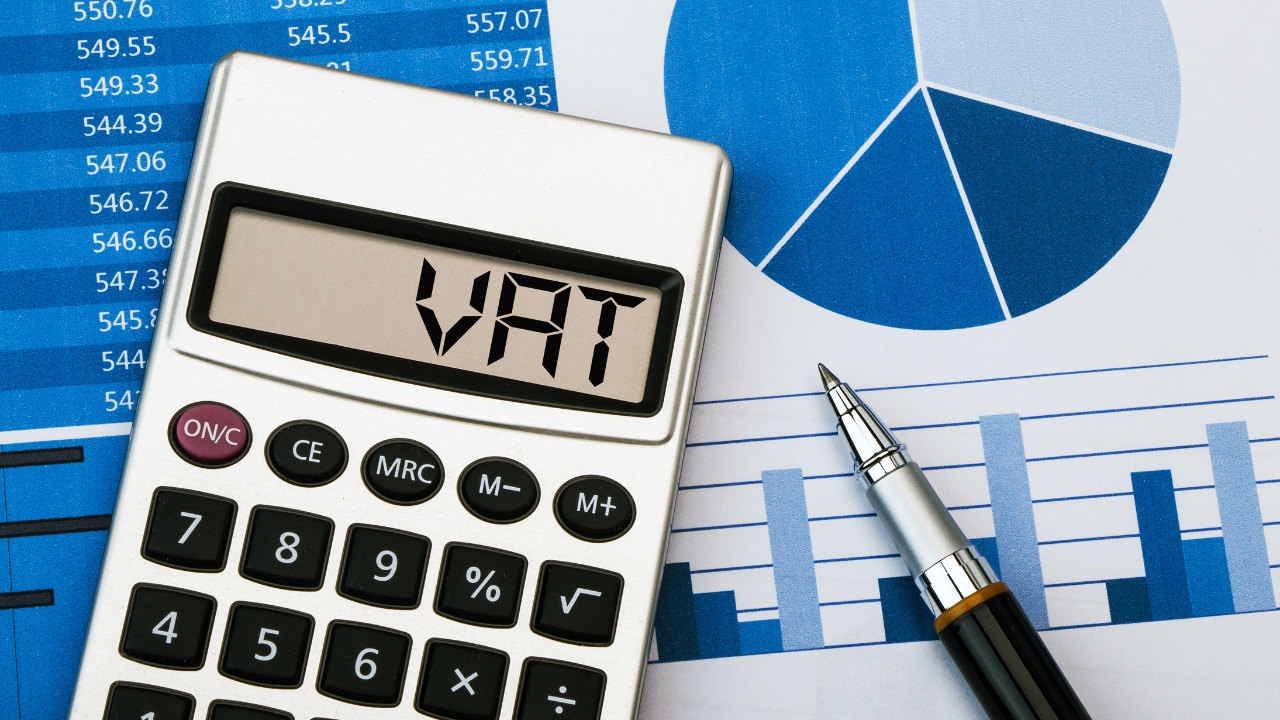One key aspect of doing business in the UAE is understanding and navigating the Value Added Tax (VAT) system. VAT was introduced in 2018 at a standard rate of 5%. It applies to most goods and services unless specifically exempt or zero-rated. VAT registration is mandatory for businesses meeting certain criteria, and compliance is crucial for maintaining a smooth operation. In this blog post, we’ll delve into the essentials of registering for VAT in the UAE, providing a step-by-step guide for businesses to follow.
Who Needs to Register for VAT?
Businesses that meet the following criteria are required to register for VAT in the UAE:
- Taxable Supplies Threshold: If your annual taxable supplies and imports exceed AED 375,000, VAT registration is mandatory. If your supplies are below this threshold but exceed AED 187,500, registration is optional.
- Voluntary Registration: Even if your supplies are below the mandatory threshold, you can opt for voluntary registration. This can be beneficial for businesses aiming to reclaim VAT on their expenses.
Steps to Register for VAT in the UAE:
- Gather Required Documents:
- Trade License and Commercial Registration Certificate.
- Emirates ID and Passport Copies of the Business Owner(s).
- Bank Account Details.
- Financial Statements (if applicable).
- Customs Authority Registration Certificate (for importers).
Submit Supporting Documents:
- Upload the necessary documents as per the FTA’s requirements. Ensure all documents are clear, complete, and up to date to avoid delays in processing.
Await Approval and VAT Certificate:
- Once your application is submitted, the FTA will review it. If everything is in order, you will receive your VAT registration certificate electronically. This certificate confirms your compliance with VAT regulations.
Post-Registration Obligations:
After obtaining your VAT registration certificate, your business must adhere to several ongoing obligations.
- Charge and Collect VAT: Ensure that VAT is correctly calculated and charged on taxable supplies.
- Issue VAT invoices that comply with FTA guidelines.
- Maintain Records: Keep accurate records of all transactions, including invoices, receipts, and VAT returns. Maintain these records for at least 5 years.
- File VAT Returns: Submit VAT returns to the FTA on a regular basis (usually quarterly). Report your taxable sales, purchases, and VAT liability accurately.
- Pay VAT Due: Pay any VAT liability to the FTA within the specified deadlines to avoid penalties and interest charges.
How CBD Can Assist
Our Accounting & Advisory is well equipped with handling VAT registrations from start to finish. Get in touch to learn more. Email enquiries@cbdcorporateservices.com or call/Whatsapp +971 56 218 4695.
